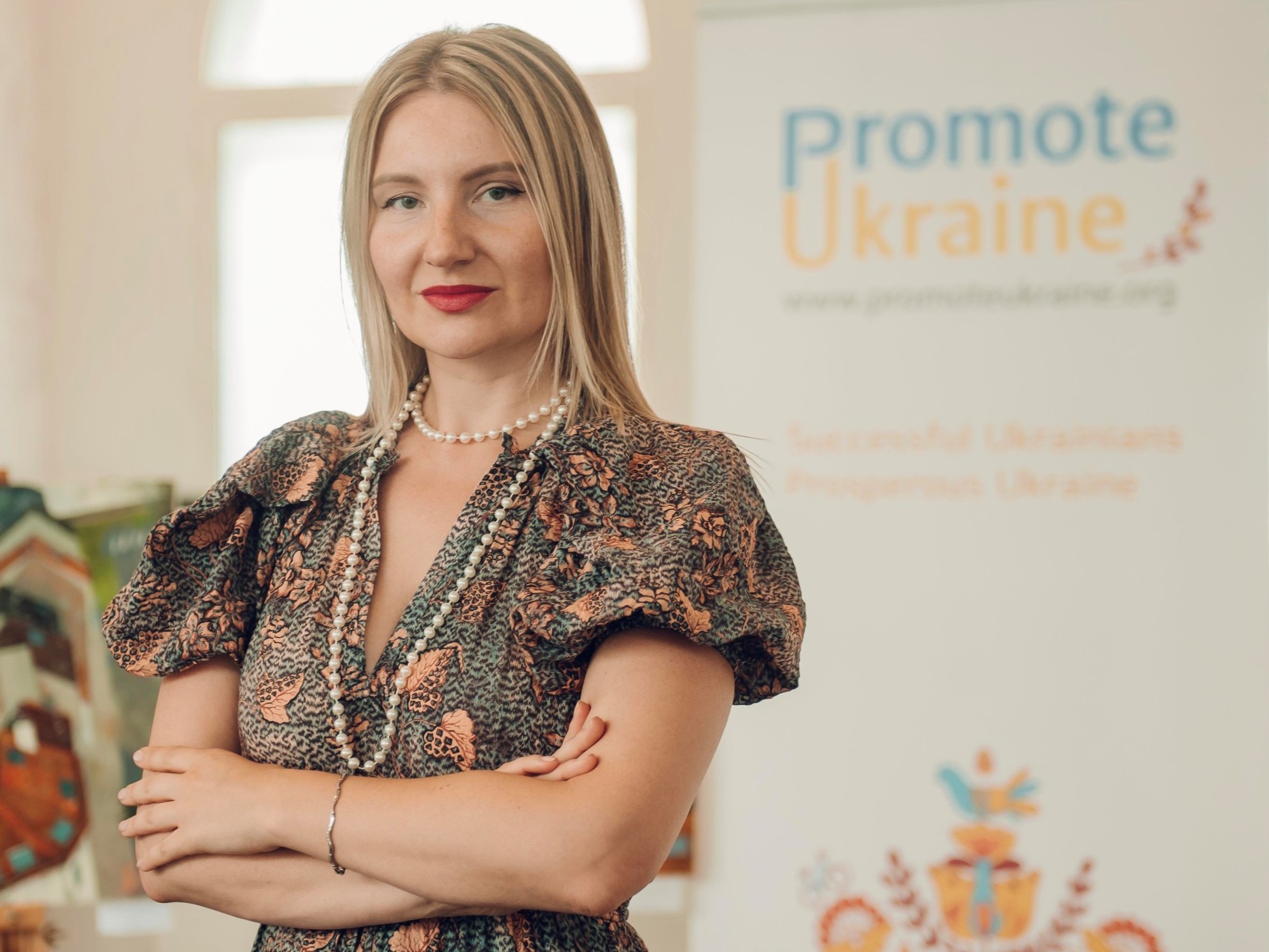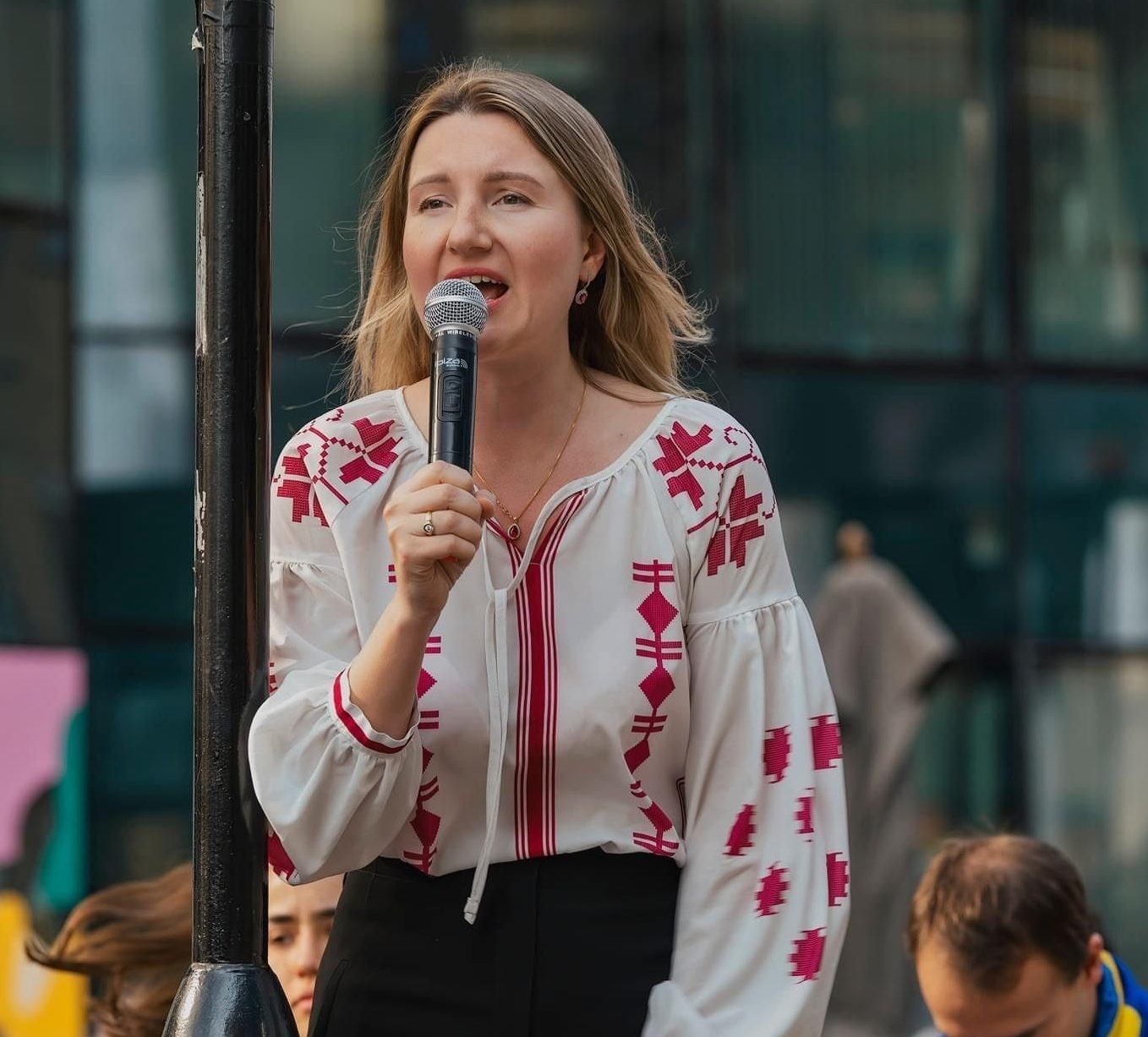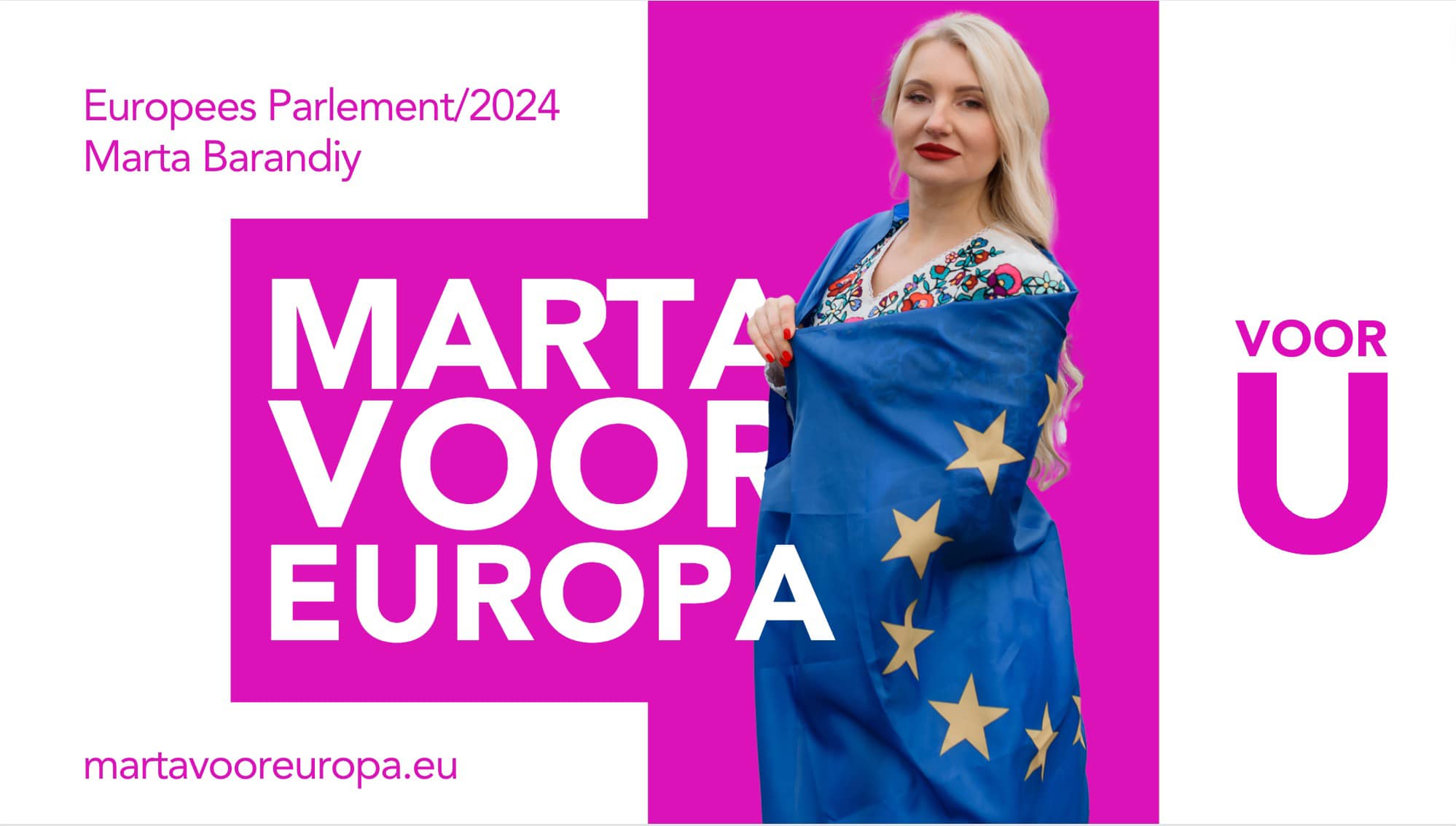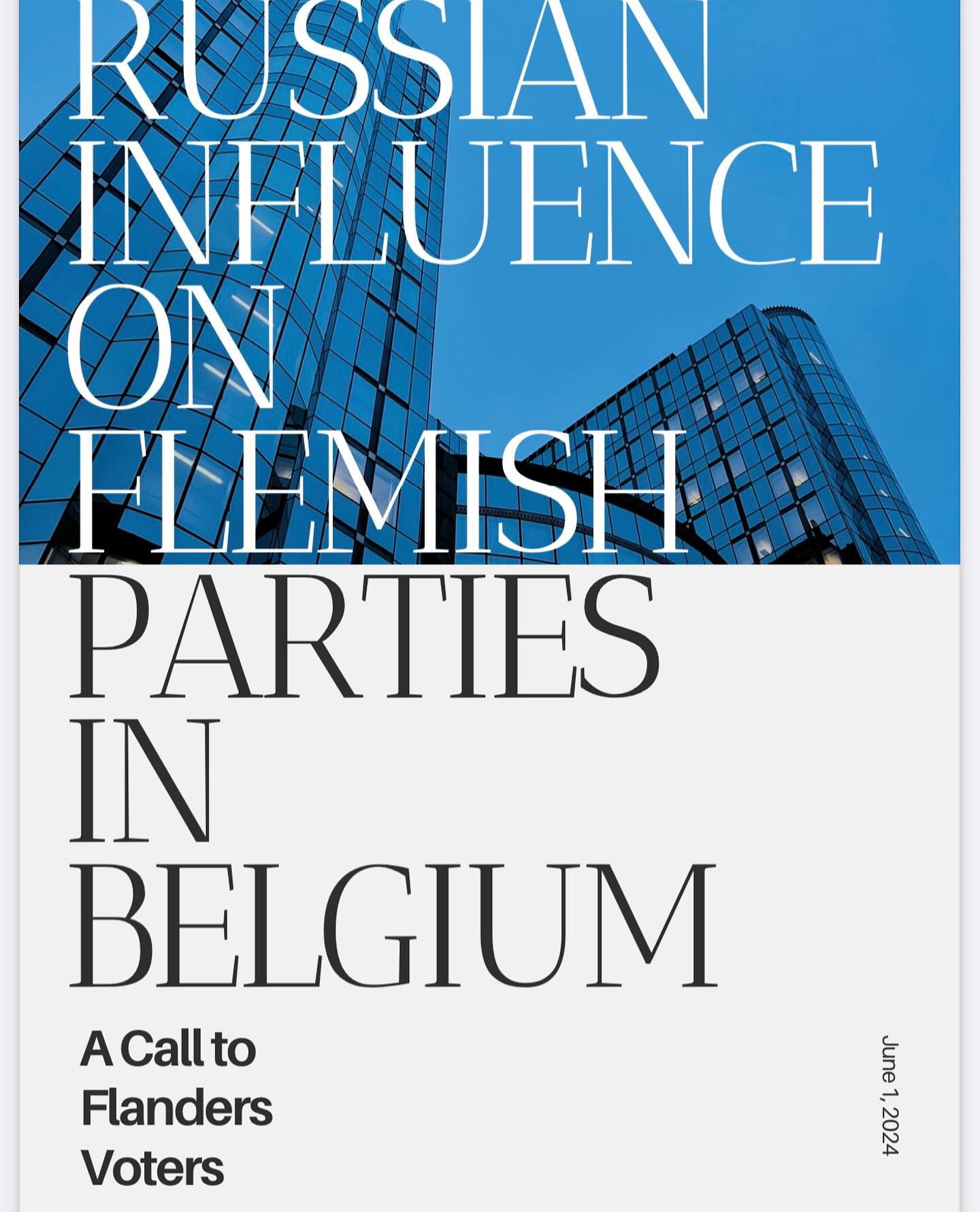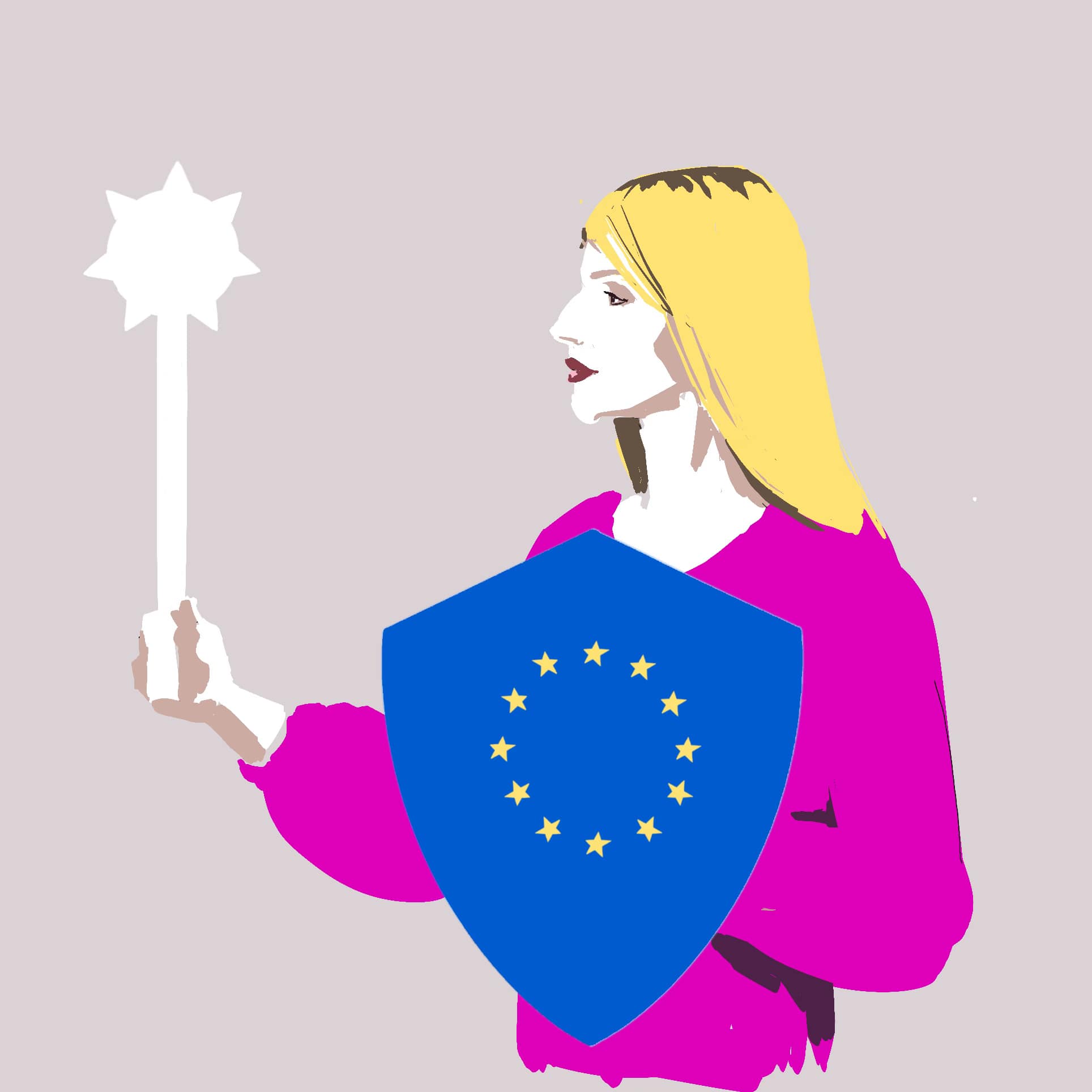We make this media review every week in partnership with the Ukrainian source Mind.ua. We make it for you to help you form an idea of the image of Ukraine in the European media space.
 Beginning of May 2020, the main topics in Europe concerning Ukraine were: commemoration of the end of World War ll, refusal of the Ukrainian Ambassador to Germany to participate in the commemoration events together with the Russian ambassador, and the need for Ukrainian field workers to have a permission of Ukrainian government to leave to Austria – the potential host of the workers.
Beginning of May 2020, the main topics in Europe concerning Ukraine were: commemoration of the end of World War ll, refusal of the Ukrainian Ambassador to Germany to participate in the commemoration events together with the Russian ambassador, and the need for Ukrainian field workers to have a permission of Ukrainian government to leave to Austria – the potential host of the workers.
“Permission to leave? Schallenberg is fighting for 800 Ukrainian workers”: the Austrian Krone reported that the Austrian Foreign Minister had discussed with Deputy Prime Minister Prystaiko the involvement of Ukrainian workers in the harvesting in Austria. On May 1, the Austrian Ministry of Health made an exception for Ukrainians who could fly in on a charter plane, but now they need special permission from the Ukrainian government to leave.
 The news about Ukraine’s ambassador to Germany, who refused the invitation of the Mayor of Berlin, was published by the German Tagespiegel: “Six million Ukrainians fought in the Red Army, and half of them did not see the end of the war. More than five million Ukrainian civilians were killed by the Germans. However, in the German public debate, Soviet victims are often equated with Russian ones,” the newspaper writes, based on the reaction of the Ukrainian ambassador, and reminds that due to the war in Donbas, in the past five years there have been no common memorial events for Russian and Ukrainian ambassadors in Berlin.
The news about Ukraine’s ambassador to Germany, who refused the invitation of the Mayor of Berlin, was published by the German Tagespiegel: “Six million Ukrainians fought in the Red Army, and half of them did not see the end of the war. More than five million Ukrainian civilians were killed by the Germans. However, in the German public debate, Soviet victims are often equated with Russian ones,” the newspaper writes, based on the reaction of the Ukrainian ambassador, and reminds that due to the war in Donbas, in the past five years there have been no common memorial events for Russian and Ukrainian ambassadors in Berlin.
 “Ukraine’s conflict with Russia leaves the economy in ruins” – such a letter was received in 2015 by members of the German parliament. The e-mail contained a link to the alleged UN website, but in fact, the link was malicious software that was installed invisibly on the Bundestag’s computers. And on May 5, 2020, the German Attorney General received an international arrest warrant for the hacker who broke into the German Bundestag in 2015. A cyber soldier named Badin, “acting on the orders of Vladimir Putin, is wanted in both the United States and Germany,” writes the German Sueddeutsche.
“Ukraine’s conflict with Russia leaves the economy in ruins” – such a letter was received in 2015 by members of the German parliament. The e-mail contained a link to the alleged UN website, but in fact, the link was malicious software that was installed invisibly on the Bundestag’s computers. And on May 5, 2020, the German Attorney General received an international arrest warrant for the hacker who broke into the German Bundestag in 2015. A cyber soldier named Badin, “acting on the orders of Vladimir Putin, is wanted in both the United States and Germany,” writes the German Sueddeutsche.
“After the Ukrainian fiasco, the United States has appointed a new ambassador to the EU,” writes EUobserver. “The United States has appointed its ambassador to Belgium, former businessman Ronald J. Gidwitz, as acting ambassador to the EU. He will “promote a strong partnership between the US and the EU” and help Europe recover from the pandemic. The last US ambassador to the EU, businessman Gordon Sondland, resigned due to a blackmail scandal in Ukraine.”
 “Complete Silence” is the story of a Ukrainian woman Ludmyla Kocherzhena, who was deported to Germany as a child during the war and returned to Ukraine after it had ended. In the TAZ newspaper, she told the readers about the terrible minutes of the last day of the war. April 27, 1945 in the city of Schwäbisch Hall, when everyone was hiding from the bombs, it suddenly got quiet. Ludmyla remembers how she looked out of the window and saw white bedsheets. The Americans entered in tanks, and she knew the war was over. However, she will never forget how the Nazis, even when they realized that the war was almost lost, hung young boys – deserters.
“Complete Silence” is the story of a Ukrainian woman Ludmyla Kocherzhena, who was deported to Germany as a child during the war and returned to Ukraine after it had ended. In the TAZ newspaper, she told the readers about the terrible minutes of the last day of the war. April 27, 1945 in the city of Schwäbisch Hall, when everyone was hiding from the bombs, it suddenly got quiet. Ludmyla remembers how she looked out of the window and saw white bedsheets. The Americans entered in tanks, and she knew the war was over. However, she will never forget how the Nazis, even when they realized that the war was almost lost, hung young boys – deserters.
The foreign press did not miss the news about a woman “with a head in a plastic bag” – a Kharkiv’ woman who beheaded her daughter. Almost all foreign media wrote about it.
The media continued to write about Chornobyl. This time, the Italian Repubblica tried to compare China’s silence on COVID 19 with the Soviet government’s silence on the Chornobyl tragedy. But the author of the article focused on reminding that we still live in realities where the consequences of the Chornobyl disaster are felt.






 UA
UA FR
FR DE
DE